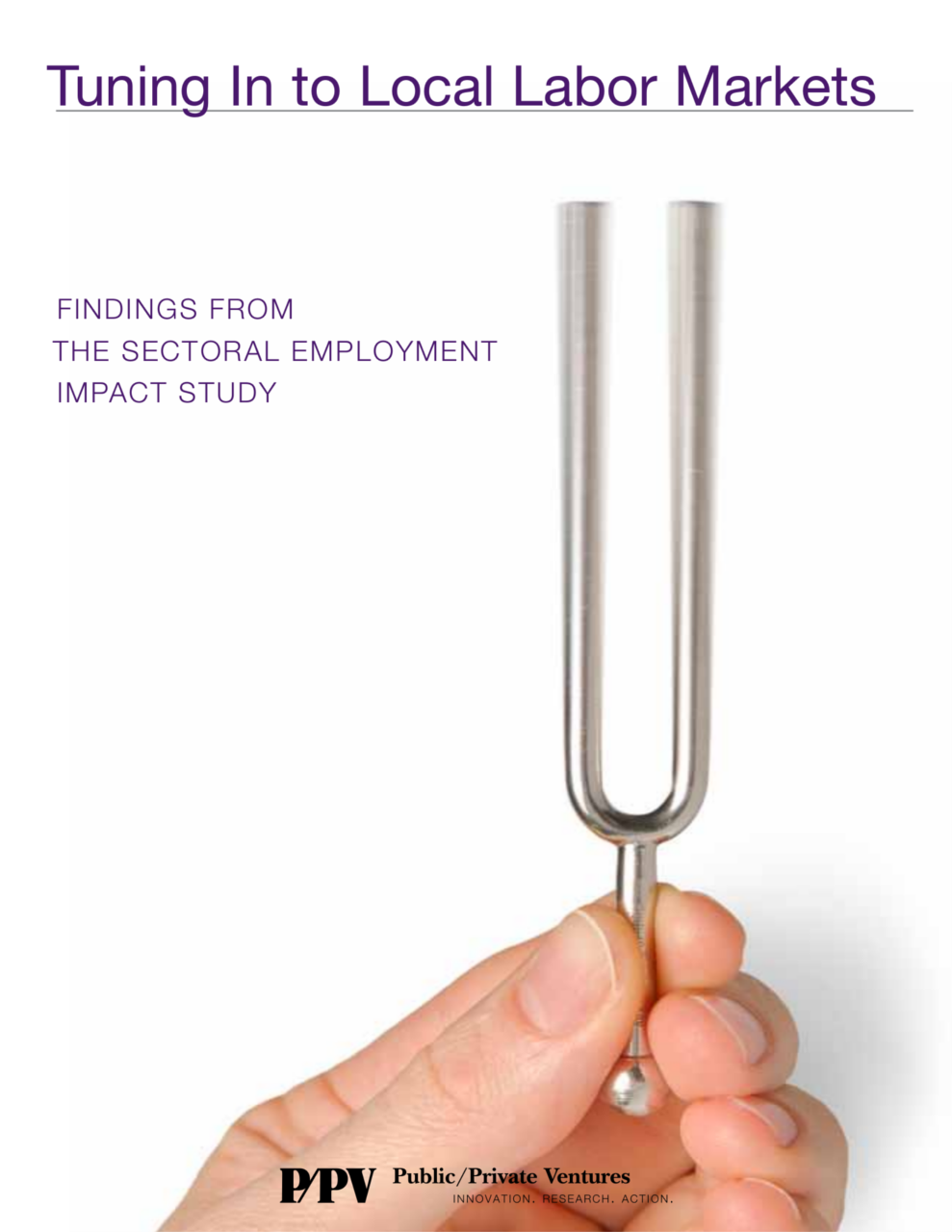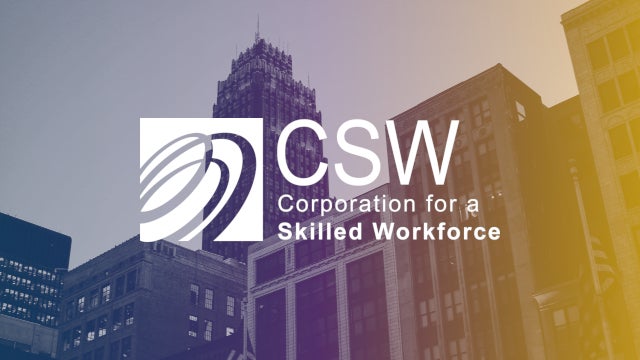Over the past two decades, an innovative approach to workforce development known as sectoral employment has emerged, resulting in the creation of industry-specific training programs that prepare unemployed and underskilled workers for skilled positions and connect them with employers seeking to fill such vacancies. In 2003, with funding from the Charles Stewart Mott Foundation, P/PV launched the Sectoral Employment Impact Study to rigorously assess whether mature, nonprofit-led sector-focused programs could increase the earnings of disadvantaged workers and job seekers. P/PV selected three organizations to participate in the study—a community-based organization focused on medical and basic office skills in Boston, a social venture focused on information technology in the Bronx, and an employer-union partnership focused on healthcare, manufacturing and construction in Milwaukee.
The study’s findings show that program participants earned about $4,500—18 percent—more than the control group over the course of the two-year study period and $4,000—29 percent—more in the second year alone. Study participants were also more likely to find employment, work more consistently, work in jobs that paid higher wages, and work in jobs that offered benefits. Furthermore, there were earnings gains for each subgroup analyzed, including African Americans, Latinos, immigrants, formerly incarcerated individuals and young adults.
Tuning In to Local Labor Markets also examines the strategies employed by the three organizations that took part in the study, as well as the common elements that likely contributed to their success. Implications for practice, policy and future research are explored; a forthcoming piece will provide detailed recommendations for policymakers.


